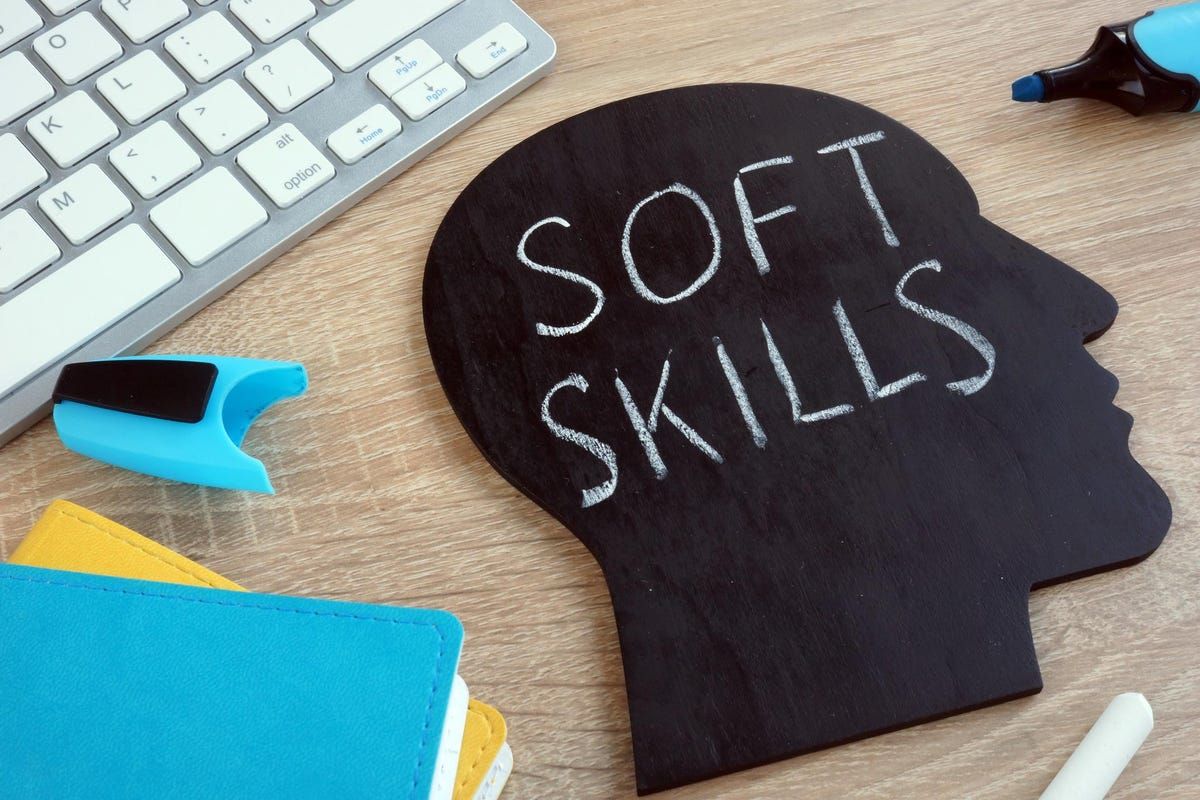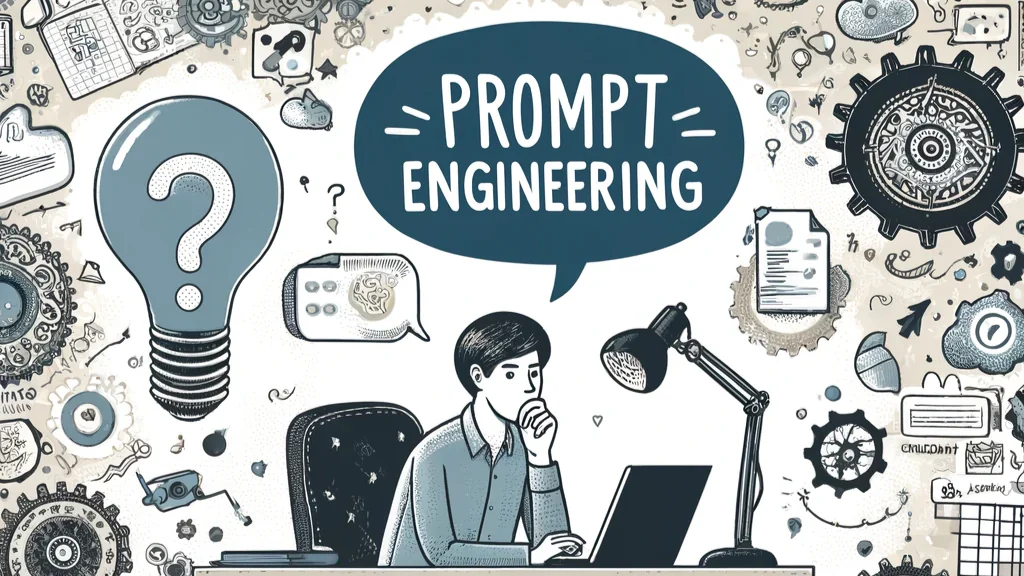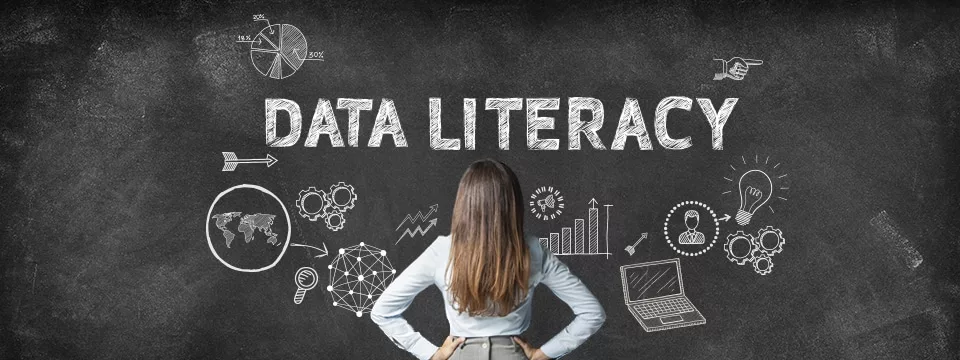The Rise of the Prompt Engineer
The role of the Prompt Engineer is a direct consequence of the exponential growth in AI capabilities, particularly in natural language processing (NLP) and generative models. These models are capable of producing written text, artwork, code, and even decision-making suggestions, but they require specific, well-crafted prompts to function optimally. A Prompt Engineer’s job is to design these inputs—questions, commands, or instructions—in a way that ensures the AI responds accurately and contextually. Think of it as translating human intentions into a language that AI can understand and respond to.
What makes this role particularly unique is that it requires both a deep understanding of the AI model’s capabilities and limitations, as well as creative problem-solving and communication skills. It’s about more than simply writing a good prompt; it’s about anticipating how a machine might interpret different phrases or structures, and adjusting accordingly. The Prompt Engineer essentially becomes the intermediary between human objectives and AI outputs.
Key Responsibilities of a Prompt Engineer
-
Creating Effective Prompts: The core function of a Prompt Engineer is to design prompts that elicit the best possible output from an AI model. This requires knowledge of the model’s strengths and weaknesses and understanding the subtle nuances of how the AI processes language.
-
Optimizing AI Interaction: Prompt Engineers refine and tweak inputs to improve the relevance and accuracy of AI responses. They conduct experiments, adjusting phrasing or adding context, to find the optimal wording that yields the most useful or creative results.
-
Testing and Evaluating Outputs: After generating prompts, the engineer assesses the output, evaluating whether the AI’s response meets the desired objectives. This involves analyzing the AI’s language, structure, and accuracy.
-
Building AI Prompts for Specific Industries: With AI applications becoming widespread across sectors, Prompt Engineers may specialize in particular industries like marketing, legal tech, healthcare, or customer service, tailoring prompts to fit the nuances of each field.
-
Training AI Models: In some cases, Prompt Engineers may work closely with data scientists and AI trainers to adjust and fine-tune the AI models themselves, improving their ability to interpret prompts effectively over time.
The Skills That Make a Great Prompt Engineer
To excel as a Prompt Engineer, a mix of technical, creative, and analytical skills is required. Below are some of the essential skills for this profession:
-
Understanding of AI and NLP: A solid grasp of how AI models like GPT-4 or BERT function is crucial for designing prompts that extract accurate and creative responses.
-
Creative Writing and Communication: Since AI models rely heavily on human language, an ability to craft clear, precise, and sometimes even artistic prompts is necessary.
-
Problem Solving: Prompt Engineers need to identify what isn’t working with AI outputs and continuously experiment with phrasing to achieve better results.
-
Data Analysis: Evaluating the effectiveness of a prompt requires the ability to assess large amounts of data, understanding what works, and refining what doesn’t.
-
Industry Knowledge: Depending on the field, understanding specific jargon or domain knowledge (e.g., legal terms, medical terminology, or customer service workflows) can be beneficial.
The Future of Prompt Engineering: Career Growth and Industry Demand
As AI tools become more embedded in everyday business operations, the need for skilled Prompt Engineers will only increase. Industries from healthcare to e-commerce are integrating generative AI to enhance content creation, automate customer support, and improve operational efficiency. For example, legal firms may employ Prompt Engineers to create accurate contract templates, while marketing teams use them to develop ad copy that resonates with target audiences.
The job outlook for Prompt Engineers is rapidly expanding, as companies seek professionals who can effectively interact with AI systems to unlock their full potential. As AI becomes a central part of digital transformation, businesses will need individuals who understand the complexities of human-AI interaction and who can drive innovation by crafting sophisticated AI prompts.
Emerging Professions Related to Prompt Engineering:
-
AI Communication Specialist: Specializes in crafting and optimizing language for AI systems across different platforms and industries.
-
Generative Content Strategist: Focuses on using AI to create original content, including blogs, product descriptions, or social media posts, tailored to specific brand voices.
-
AI Product Manager: Oversees the development and application of AI tools within a company, ensuring that prompt generation aligns with overall business goals.
-
Human-AI Interaction Designer: Designs interfaces and interactions where humans and AI systems work together, ensuring that prompts and responses are seamlessly integrated into workflows.
Why the Prompt Engineer Role Matters
The future of work is not about replacing humans with machines; it’s about empowering humans to work alongside machines. The Prompt Engineer plays a pivotal role in this shift, facilitating collaboration between AI and human intelligence. By understanding how to unlock the power of AI, Prompt Engineers ensure that AI tools are utilized to their fullest potential, offering businesses and industries the chance to innovate and thrive.
Conclusion: A Profession for the Future
The Prompt Engineer is not just a job for today—it’s a career that will evolve with the AI landscape. As AI continues to advance and permeate every industry, the role of the Prompt Engineer will become more specialized and integral to businesses across the globe. For those with a passion for technology, creativity, and communication, this is a profession ripe with opportunity. It’s about shaping the future of how humans and machines collaborate, making it one of the most exciting and dynamic careers to pursue in the AI age.







